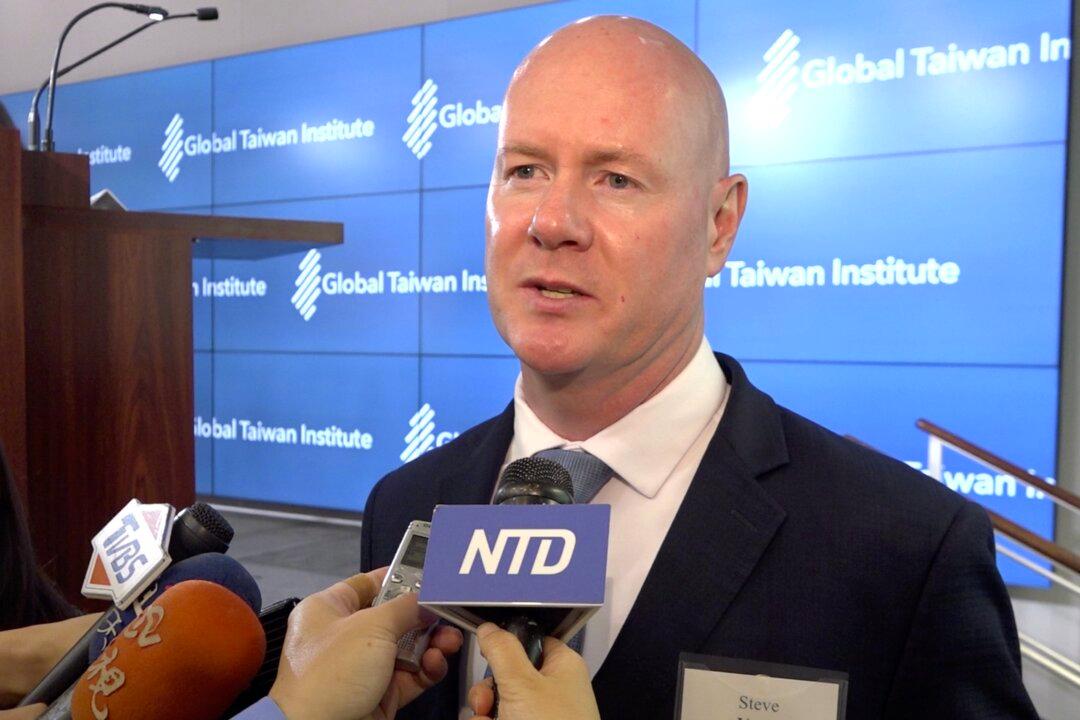A former official has called on the Biden administration to apply clarity in its policy towards China.
President Joe Biden mentioned China briefly during his hour-long State of the Union speech on Feb. 7. He began by asserting the United States is “in the strongest position in decades to compete with China or anyone else in the world,” given U.S. investment in industries and alliances, working with allies, and U.S. military modernization.





